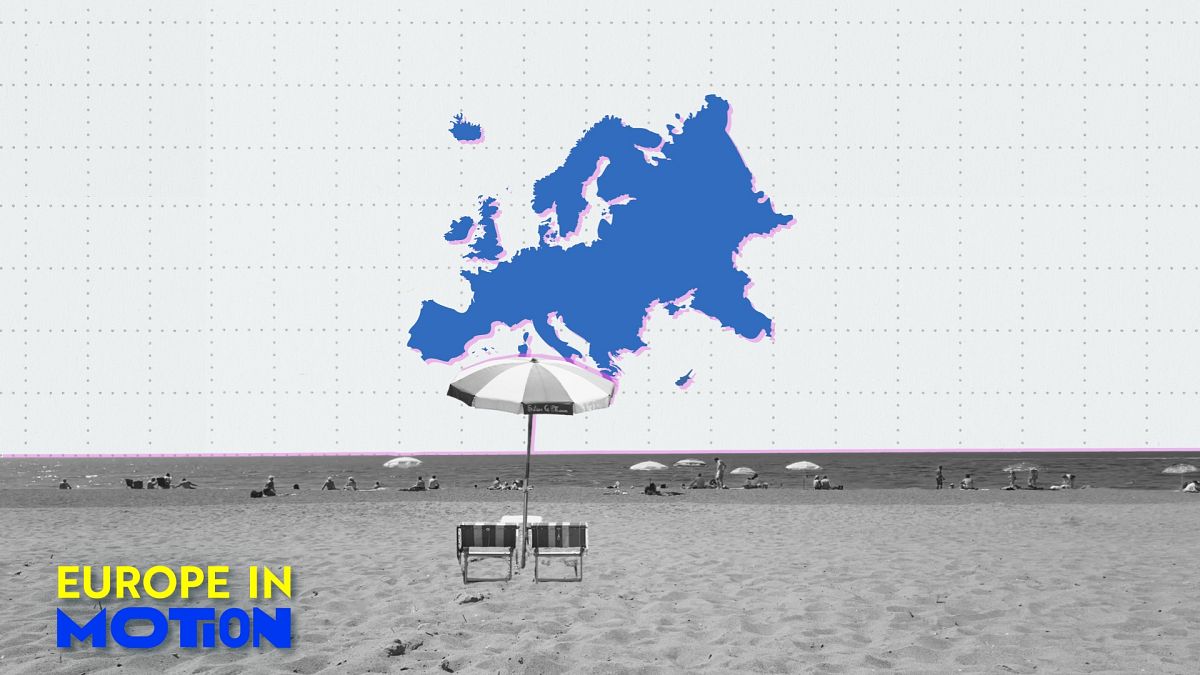

In recent days, attention has been drawn to a variety of environmental stories across Europe and beyond, prompting reflection on the state of our natural landscapes and the sustainability of human impact. From serene waters to vital ecological shifts, and urgent calls to renewable transitions, these stories weave a narrative of both challenge and possibility.
The allure of Europe’s bathing spots has captured admiration and concern alike. According to the latest reports, the Mediterranean continues to boast the cleanest waters, showcasing the region’s commitment to maintaining its pristine natural beauty. However, as the survey suggests, other areas such as the Black Sea and the majestic Alps are experiencing a contrast in water quality, calling for attention to preserve these cherished environments. The clarity of these waters speaks volumes about the regions’ dedication to safeguarding their natural resources, ensuring that future generations can experience this wealth of aquatic life.
Meanwhile, on a global scale, the challenge of plastic pollution looms large. Scientists and institutions are emphasizing that while recycling is important, reducing plastic usage is paramount. This clarion call echoes through reports that plastics ubiquitously infiltrate the environment and bodies, urging a shift towards prevention and reduction. Innovative alternatives and communal efforts stand as beacons of hope in addressing this pressing issue.
In matters of human dynamics, England and Wales have experienced a remarkable surge in population, with data indicating an increase of 700,000 people in just one year, largely attributed to international migration. This represents the most significant population growth in over 75 years. Such changes present both opportunities and challenges as societies aim to integrate new inhabitants while maintaining cultural and economic vibrancy.
On the topic of ecological restoration, a positive note comes from California, where the winter-run Chinook salmon have made a long-awaited return to the McCloud River. After nearly a century, these remarkable creatures have been spotted, signaling a successful milestone in conservation efforts. This reappearance testifies to the effectiveness of dedicated natural resource management and serves as inspiration for other ecological revitalization efforts.
However, the broader picture on renewable energy raises concerns. A recent study highlighted the slow progress of many countries in adhering to the 2023 United Nations pledge to triple global renewable energy capacity by the end of the decade. Analysts warn that the current dependency on fossil fuels remains incompatible with the vital goal of restricting global temperature rise to below 1.5 degrees Celsius. This scenario underscores the urgency for creative leadership and aligned policies to accelerate transitions toward cleaner energy futures.
Collectively, these stories shed light on the diverse environmental tapestry of today’s world—rich with prospects for nurturing nature’s splendor while urging humanity to adopt more sustainable practices. Through mindful conservation, reduction measures, and a committed shift towards renewables, we have a unique opportunity to shape a harmonious and balanced relationship with the planet.
Source: {link}
